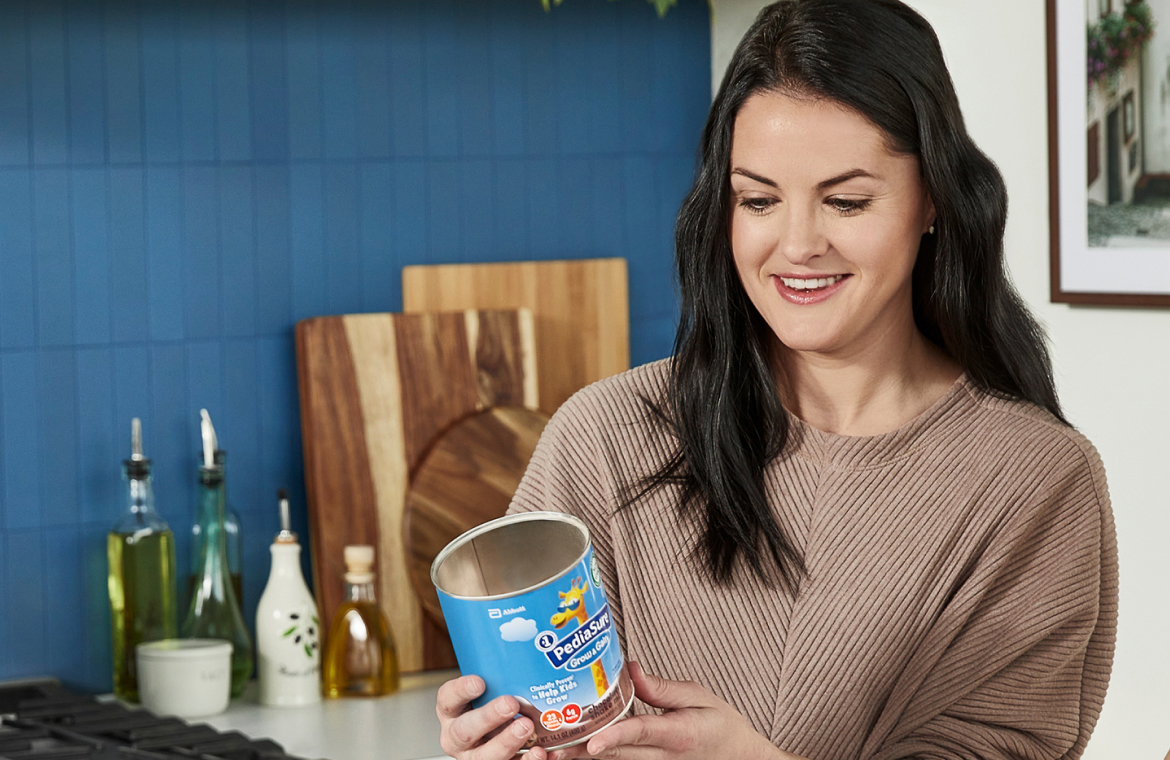There are two sections to the nutrition information on food labels: the Nutrient Information and the Ingredient List. It’s important to note that the nutrient amounts listed on a nutrition label indicate the amount in 1 serving, not the total amount in the container (unless specified). To determine the total calories in the whole package, multiply the calories per serving by the total number of servings.
The percent daily values (DV’s) listed on the nutrition facts panel help you determine how much of a nutrient the product provides in one serving based on a suggested total daily intake. The DV percentage represents the amount of each nutrient one should have in a day based on a 2000-calorie diet. Your child may need to eat fewer calories in a day, so keep this in mind and consult your pediatrician for your child’s needs.






CONNECT WITH US